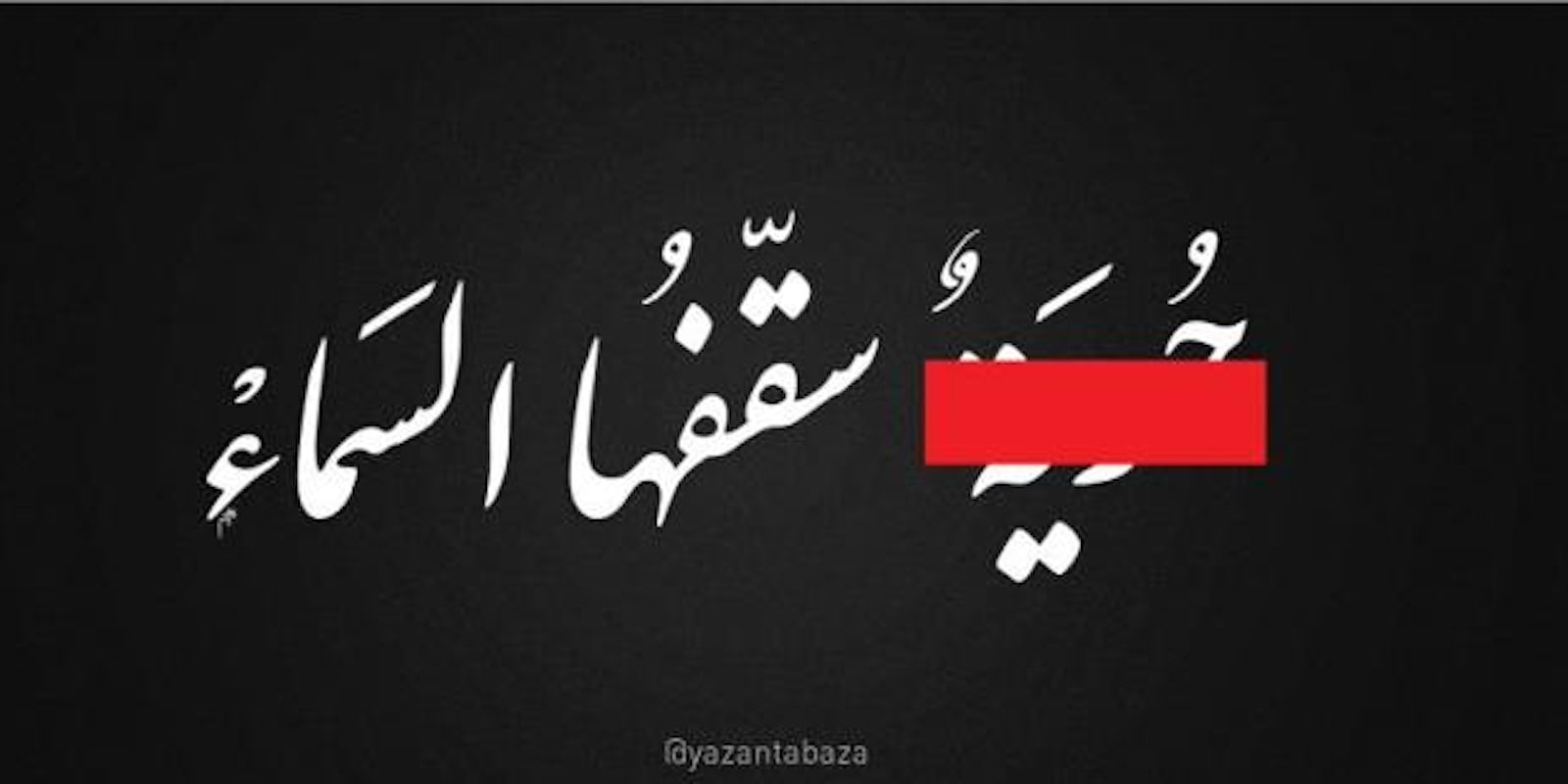Internet freedom activists in Jordan are taking up arms and organizing a SOPA-style strike for Wednesday.
The reason? Language in a proposed bill called the Press and Publications Law that would strictly regulate online news organizations. Under the proposed law, online media would need to register with the government—licenses would cost 1,000 Jordanian dollars ($1,410 USD).
As is often the case with strict censorship laws around the world, if the Press and Publications Law passed as currently written, it would severely crack down on Internet commenters. Website owners would be held responsible for any comments written on their sites, all comments would be archived for a minimum of six months, and all comments would be required to be relevant to the articles they reference, though it’s unclear how that could be enforced.
Jordan has a relatively strong track record for protecting Internet freedom. As the Electronic Frontier Foundation has noted, it’s “one of a handful of countries in the Middle East that does not censor access to websites” and “as a result has attracted companies like Google and Yahoo!, both of which have offices in the capital city of Amman.”
In an effort to keep it that way, dozens of Jordanian websites have agreed to go dark in accordance with the activist site 7oryanet. Many will use the same code provided by that site, which will show text that says, translated from the Arabic using Microsoft Translator, “You may be denied access to the content of this website under the Press and Publications Act amendments and Government control over the Internet.”
Similarly, individual citizens will express solidarity on Twitter and Facebook. The Facebook group No Internet Censorship In Jordan, which has more than 13,000 likes, encourages people use Twitter hashtags like #BlackoutJo and #JoInternetBlackoutDay.
One participating blogger, Naseem Tarawnah, wrote that he’s “sick and tired of trying to convince my government to, simply put, do the right thing.”
“I grow nauseous just at the thought that it’s the year 2012 and we have to actually convince the state that Internet censorship is a bad thing,” he added.
The Jordanian Parliament’s Lower House is expected to consider the law in a session that begins Sunday.
Photo via NoInternetCensorshipInJordan/Facebook


